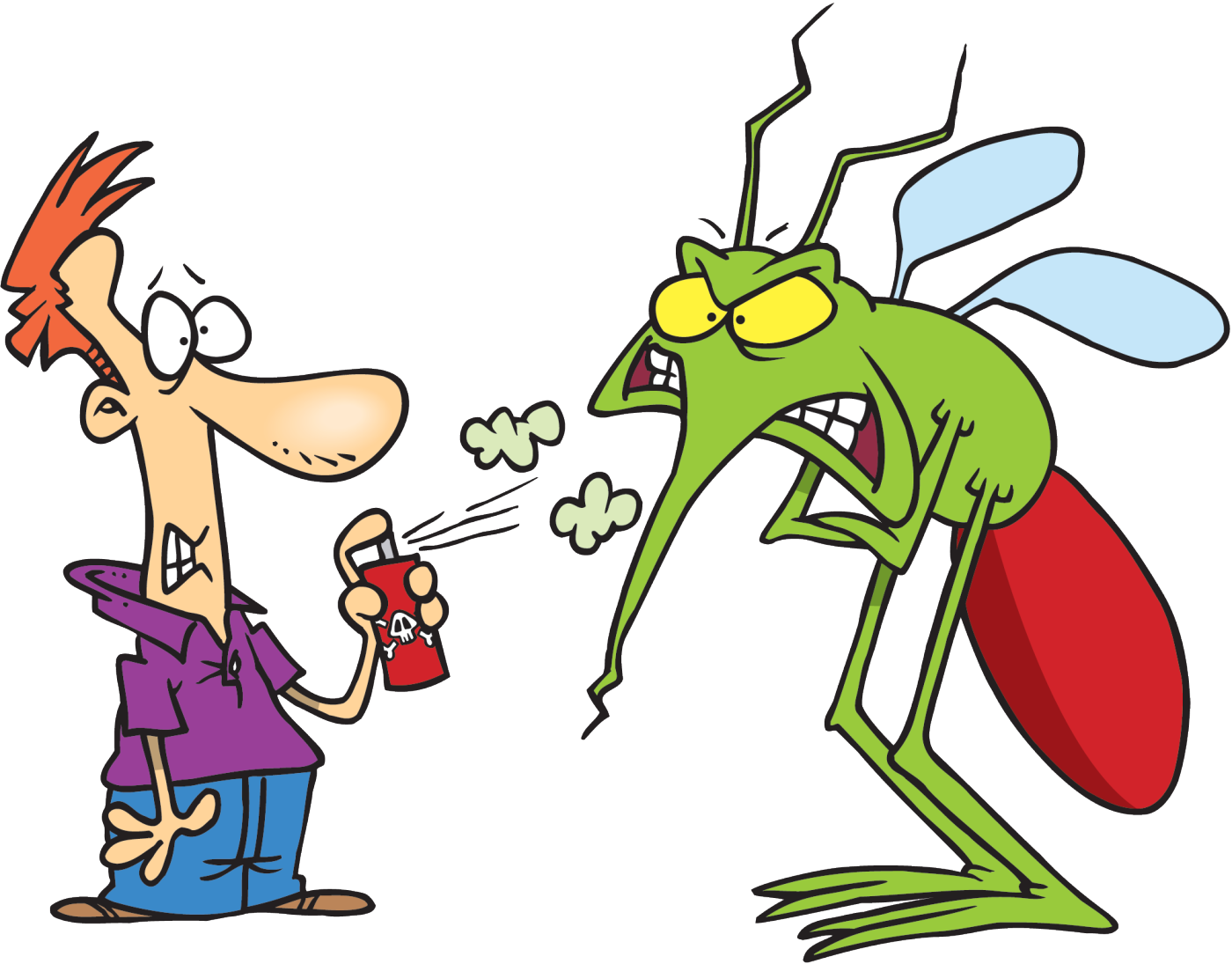While living in Florida has a ton of perks—say, running in shorts in December—there is one thing that sucks. Like, literally sucks. Mosquitos. And while the little bloodthirsty critters are annoying, that’s not the worst of it. Mosquitos can actually carry arboviruses, a class of viruses spread by arthropods such as spiders.
One of those arboviruses, dengue fever, has recently been popping up in Florida. In the past few weeks, eight cases of dengue fever were reported in Martin and St. Lucie counties. Although these cases are some ways away from Southwest Florida, outbreaks here are not completely unheard of. According to a 2013 Community Health of Collier County report prepared by the Florida Department of Health, there have been four local cases of dengue fever in the past five years. Don’t want to be number five? Here’s what you need to know to protect yourself while playing outside in the summer.
Dispose of standing water. Two types of mosquitos carry dengue fever, the yellow fever mosquito (Aedes aegypti) and the tiger mosquito (Aedes albopictus). Both are commonly found in Southwest Florida. The best way to keep these particular mosquitos at bay is to make sure there’s no standing water around your home or around the area where you work out. Dump any standing water (don’t forget to check trash can lids and kiddie pools) as soon as possible.
Move quickly. Have you ever noticed that mosquitos leave you alone when you’re running only to flock when you stop to stretch or do some pushups? Mosquitos aren’t particularly gifted at flying—their max speed is about 1.5 miles per hour. Surely you can run faster than that! So pick up the pace, then take your cool-down routine indoors to avoid being an all-you-can-drink buffet.
Douse yourself in repellent. While spraying yourself in chemicals is a rather unappealing idea for most of us, if you must be in an infected area, it’s a good way to protect yourself. The Environmental Protection Agency (EPA) actually has a very handy repellent selection tool, which helps you select a product depending on where you live, how long you’ll be outside and what insects you need protection from. Check it out here.
According to the Centers for Disease Control and Prevention (CDC), because dengue fever is a viral disease, there is no cure. Most healthy adults will survive a dengue fever infection, however nasty symptoms—including a high fever, brutal headaches and joint pain and mild bleeding from the nose or gums—make it a miserable infection to endure. Dengue fever is often described as the illness that probably won’t kill you but makes you wish you were dead. If you think you might have dengue fever, contact your doctor. To see a full list of symptoms, visit the CDC’s website.

